Why is Indexing Important for SEO? Unveiling The Truth
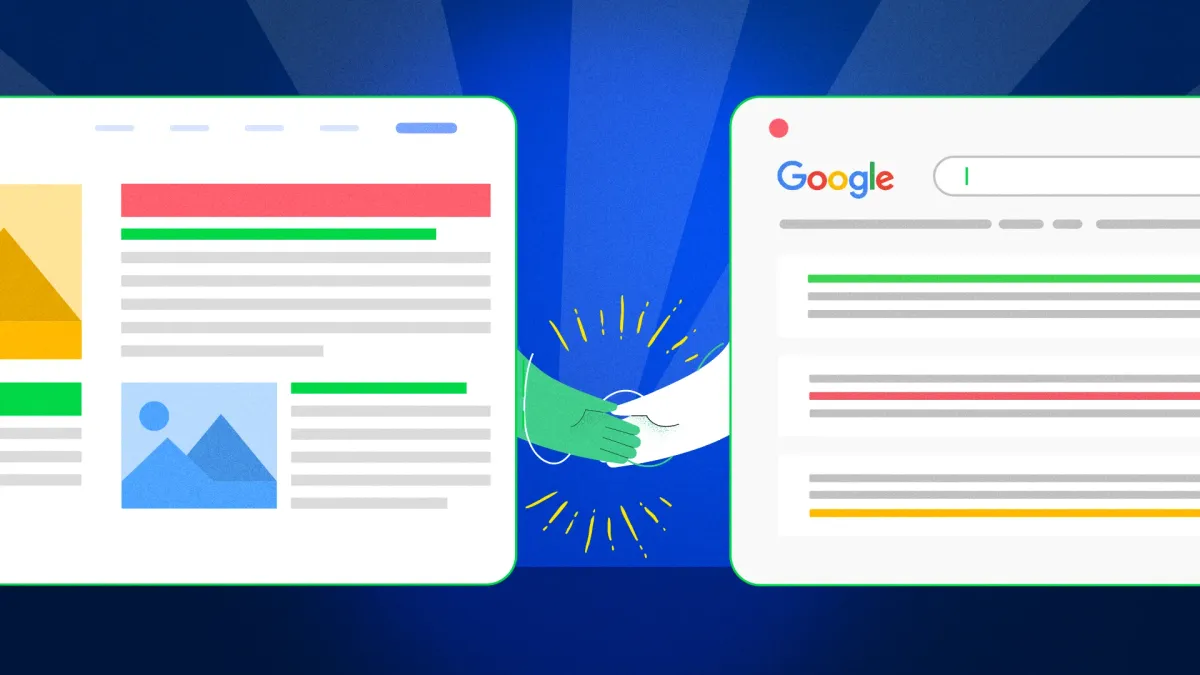
It's important to be seen in the huge digital world. You can have the most beautiful and useful website in the world, but if search engines can't find it, you'll be like a secret oasis in the middle of nowhere. And now for the secret weapon: SEO, the mapmaker of the web.
For indexing. When your work is shown off on the search engine stage, think of it as the big reveal. Even the most SEO-savvy content can't be seen by people who might be interested in it without it.
So, come with us as we break the code of ranking. Find out its secrets and its power, and then watch your website shine in the search engine spotlight!
Types of Indexing
Website Indexing
The most important thing for search engines to see is that a page is indexed. It has been called "storage and organization"—the way that search engines store and arrange information about websites to make it easier to find.
When it comes to finding a website correctly, two of the most important things to think about are how it is structured and how good the content is.
SEO Indexing
There is a part of website indexing called search engine optimization indexing. Its goal is to improve a website's search engine results by using strategic optimization.
This ongoing process, which includes putting keywords in the right places and making sure that meta tags are optimized, makes the content work with search engines that are always changing.
Database Indexing
Comparatively, database indexing is primarily focused on enhancing the speed at which data can be obtained from internal systems and simplifying database management and administration. This is in contrast to online indexing, which focuses on indexing websites.
Social Media Indexing
It is through the application of social media indexing that platforms are able to build individualized content feeds within the world of social media.
When it comes to the context of social media, this indexing has an impact on the visibility of posts as well as the discovery of content.
What is Indexing in SEO?
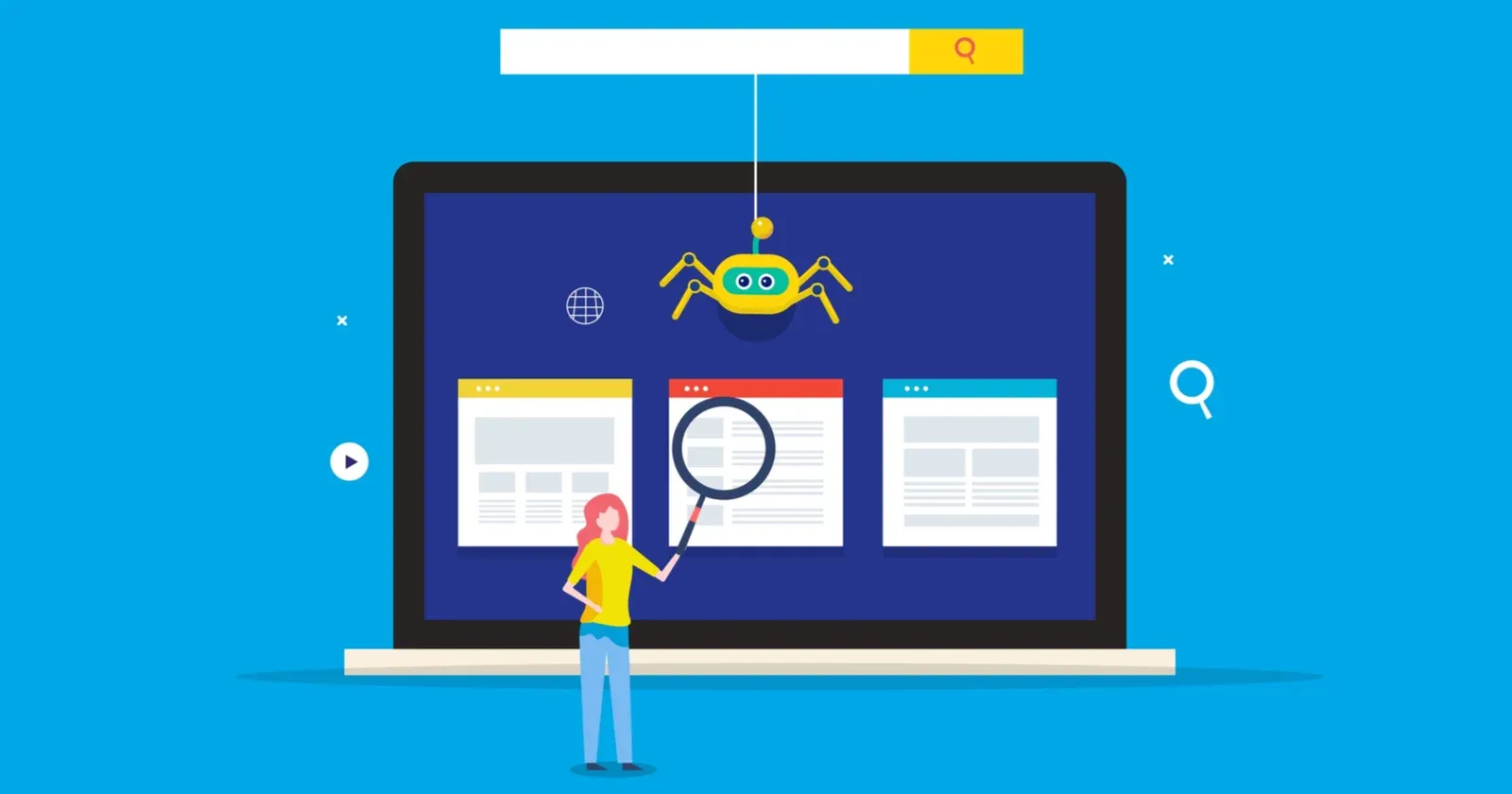
This is how a search engine gets information from web pages, saves it, and puts it into groups. This is called indexing in SEO.
There is a link between the content of a webpage and the search engine's database. This makes it easy for people to find information when they look.
This also makes it possible for search engines to understand, sort, and rank web pages based on how useful they are to search queries, delving into the importance of what is indexing in SEO.
Importance in SEO
This is the most important part of SEO because it helps search engines find a page and, by extension, people who want to see it. There are many websites out there, but if you don't crawl them properly, they will stay hidden.
It's clear that indexing has a big impact on how many people see and rank a website in Search Engine Results Pages (SERPs). It changes a website's online appearance in a direct way.
How Search Engines Index Content
A lot of work goes into making search engines like Google sort the information on the web. The way the website is set up, the quality of the content, and how important the keywords are are all very important in the crawling process.
It's the algorithms' job to look at these parts and figure out how important and useful the page is to certain search terms.
Challenges in Indexing
Indexing websites can be hard, which is a shame because it's very important. Content that is copied, a badly laid-out site, and crawl mistakes can all make indexing less useful.
To avoid these issues, webmasters must use canonical tags to stop content from being copied, make the site's layout better to make it easier to use, and quickly fix crawl errors.
Finding out everything there is to know about ranking in SEO shows how important it is for getting found online. How well SEO tactics work depends on how well the text on a website and the index that search engines use to find it.
What comes next will go into more depth about how to fix indexing issues and make content work better with search engine systems.
Search Engine Indexing Algorithms
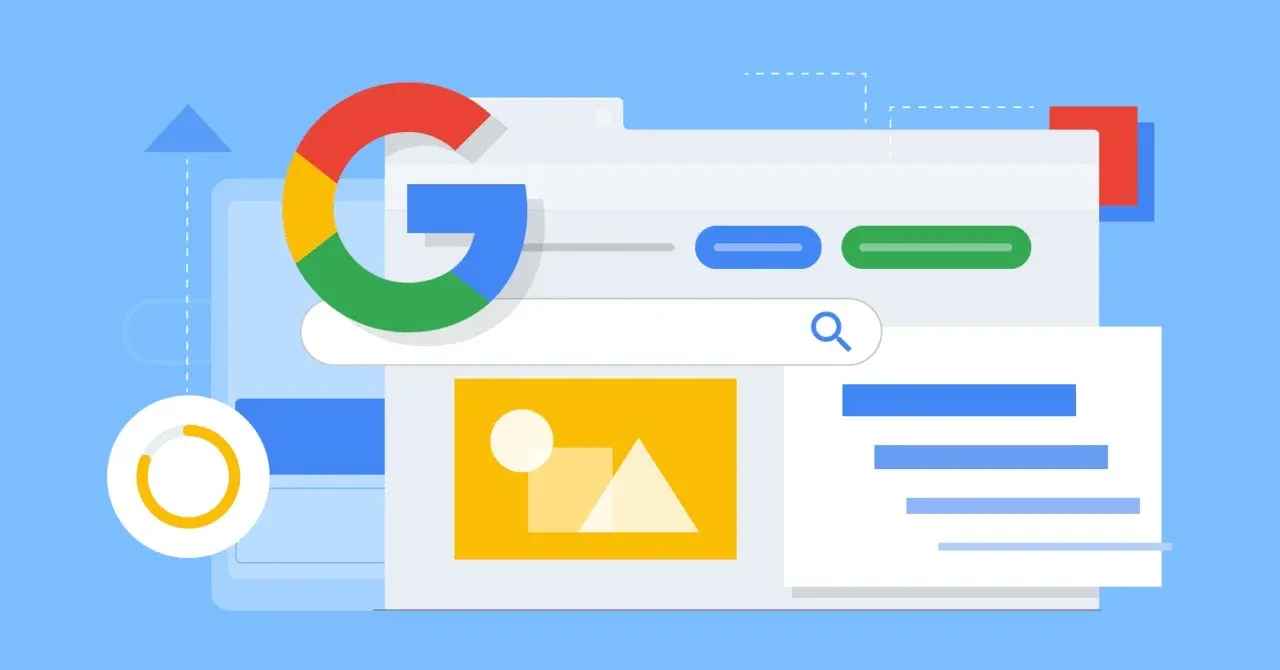
Indexing algorithms tell search engines how to organize, group, and rank the web pages they store in their libraries. These dynamic, always-changing formulas determine how much web content shows up in search engine results. Here’s more about what indexing is in SEO:
Overview of How Indexing Algorithms Work
Indexing algorithms are used to crawl, examine, and store data from web pages. Search engine bots sort content by how relevant it is, how good it is, and how easy it is for users to find. Putting search results into groups helps people find the best ones, especially when considering the intricacies of search engine indexing algorithms.
Key Components of Indexing Algorithms
Some of the things that go into indexing algorithms are:
- Keyword relevance
- Website structure
- Content quality
- User involvement metrics
- How mobile-friendly the site?
Even though these formulas are secret and hard to understand, webmasters need to know these basic things to make their sites better for indexing.
Evolution of Indexing Algorithms
Google and other major search engines have changed their indexing algorithms to put more emphasis on quality material and user experience (e.g., Panda, Penguin, Hummingbird). These changes put more focus on ethical SEO and content that adds value.
Impact on SEO Strategies
Changes to search algorithms have an effect on SEO. Webmasters and SEO experts need to know about changes to algorithms so they can adapt their strategies. Quality material and experiences that focus on the user are now important for long-term SEO, including understanding the nuances of crawling and indexing in SEO.
Challenges and Adaptation
Web owners and SEO indexing experts have a hard time figuring out how to use the complicated world of search engine crawling algorithms. Because algorithms are always changing, you need to be strategic to stay flexible.
Problems include figuring out how computer changes affect content, making sure that content is optimized to meet changing criteria, and making sure that it stays visible. In this changing world, it's important to keep learning new things, try out different tactics, and keep an eye on core quality metrics in order to adapt well.
Getting past these problems leads to better SEO strategies that can withstand changes in search engine algorithms, making sure that sites stay visible and relevant in search results.
How to Do Indexing in SEO
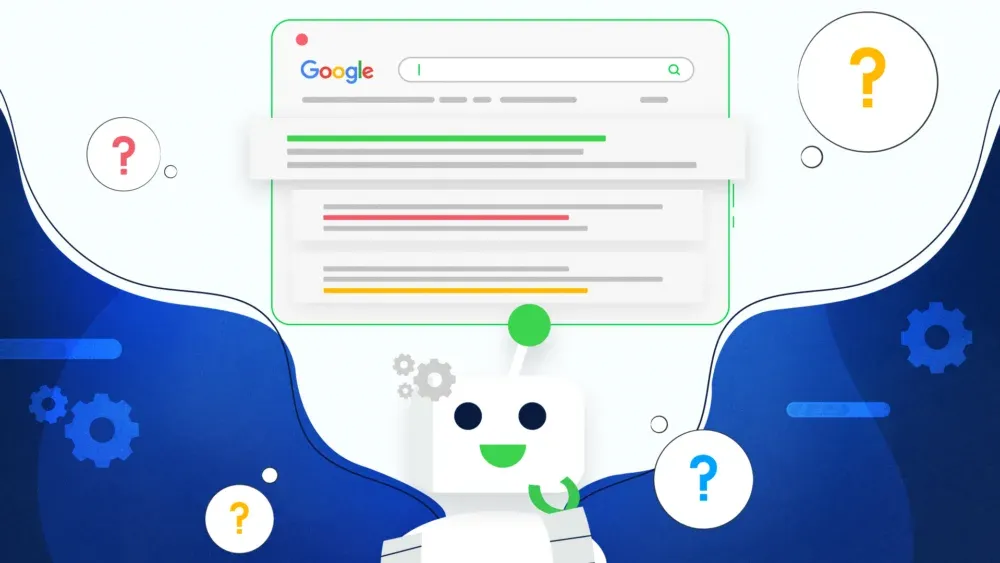
Indexing is not a passive process in SEO; it's an active approach that's necessary for a website to show up in search results.
To master linking well, you need to make sure that your content and search engine databases work well together using comprehensive strategies, including understanding how to do indexing in SEO effectively.
Ensuring Website Accessibility for Search Engines
Making your website easy for search engine crawlers to get to is the first step to successful indexing. Use a robots.txt file to tell crawlers what to do, make a detailed sitemap, and make sure your site is mobile-friendly and loads quickly. These technical details make it easier for search engines to find your website.
Optimizing Website Structure and Content
Make sure your website's structure is clear and reasonable so that search engines can easily find their way around it. High-quality, original content that is updated often is a key part of indexing that works. Use relevant terms, meta tags, and descriptive URLs to give search engines useful information about your content, which will make it more visible.
Utilizing Search Console Tools
Use tools like Google Search Console to improve your indexing approach. Learn how to send pages to be indexed and keep an eye on the progress of the indexing. Fix problems that these tools often report, like crawl failures or pages that can't be indexed. The Search Console is a useful tool for making sure that your information is indexed correctly, especially concerning search engine indexing algorithms.
Building High-Quality Backlinks
Search engines see backlinks from trustworthy websites as a vote of confidence, which leads to more thorough scanning. Get good backlinks by making content that people will want to share, guest blogging, and joining online groups. This proactive method makes your website look like a trustworthy source, which makes search engines want to index it more deeply.
Regular Monitoring and Updating
To stay proactive, you need to keep an eye on your website's indexing state all the time. Set up a regular time to check for problems with searches and make any necessary changes to the website's content and structure. Not only do changes keep your content fresh, they also let search engines know that your site is changing and needs to be fully indexed.
Relationship between Crawling and SEO Indexing
One of the most important parts of SEO is the link between search and ranking.
Crawling is the exploration part. This is when search engine bots go through the web in a planned way, finding information on websites and accessing it—a crucial aspect known as crawling and indexing in SEO.
Content is indexed after it has been crawled. This sorts and files it so that it is easy for users to find when they search. Crawling is like the trip, and listing is like getting where you want to go.
To make sure that online information is optimized and works well with search engine databases, you need to understand how this relationship works.
Elevate Your Website's SEO Through Effective Indexing
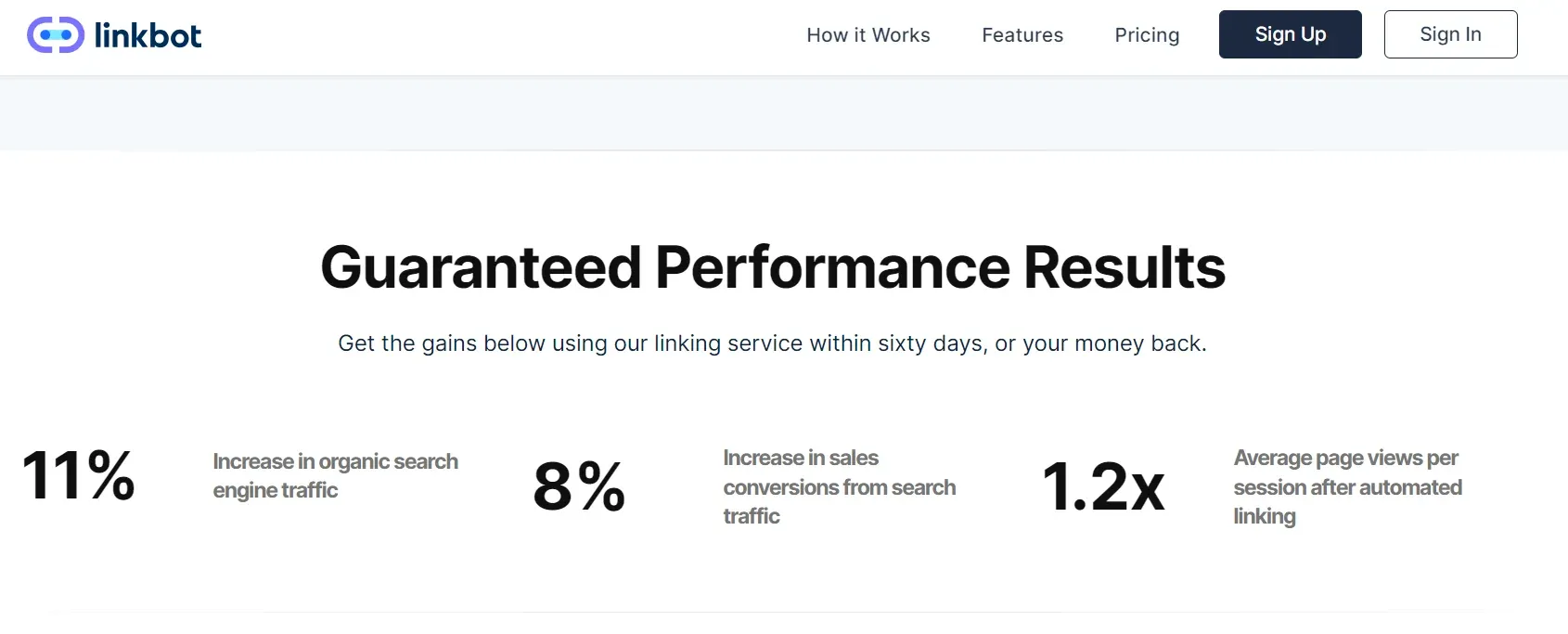
We learned how important crawling is for making a website more noticeable while we were trying to figure out the hard rules of SEO crawling. Search engine optimization, database crawling, and website indexing are all parts of the internet.
Both crawling and searching work better when they work together. This dance affects a website's search engine score. Tools like Linkbot make it easier and faster to search through the difficult world of indexing.
Indexing in SEO: FAQs
How does a search engine index a website?
Search engines use crawlers to discover web pages, which are then analyzed, processed, and stored in a database for indexing.
Can I control which pages of my site are indexed?
Yes, you can control how to do indexing in SEO using a robots.txt file, meta tags, or through webmaster tools like Google Search Console.
How long does it take for a page to be indexed?
The time varies, but it can range from a few days to a few weeks, depending on the website's structure and the efficiency of its SEO practices.
Does updating content affect indexing?
Yes, regularly updated content is more likely to be crawled and indexed frequently, helping to maintain or improve search rankings through effective crawling and indexing in SEO practices.
Can poor website design affect indexing?
Yes, poor website design, like slow loading times or a confusing structure, can hinder effective crawling and indexing.
